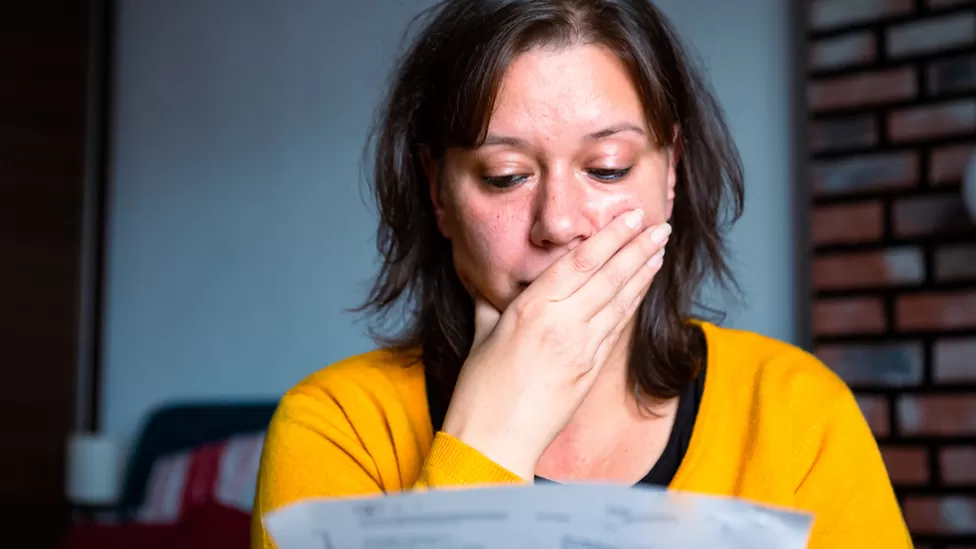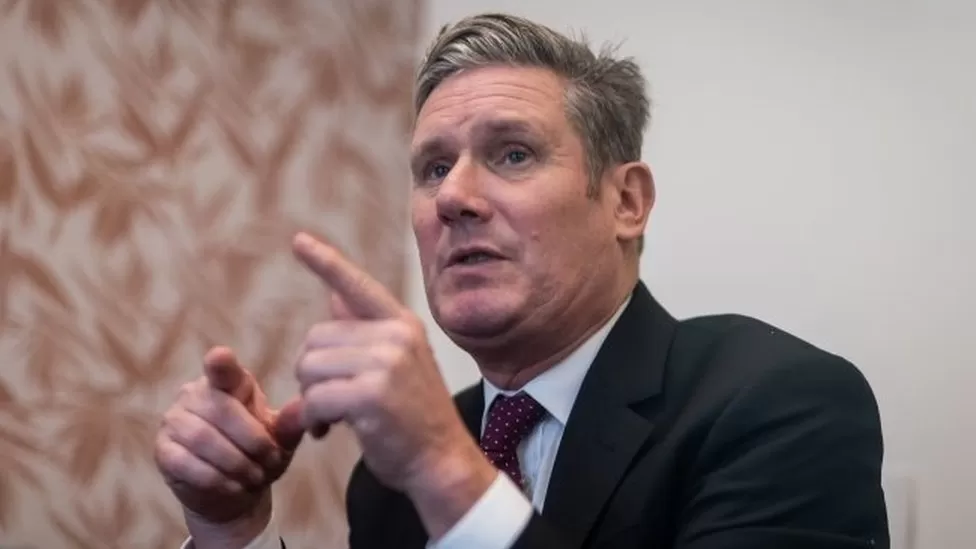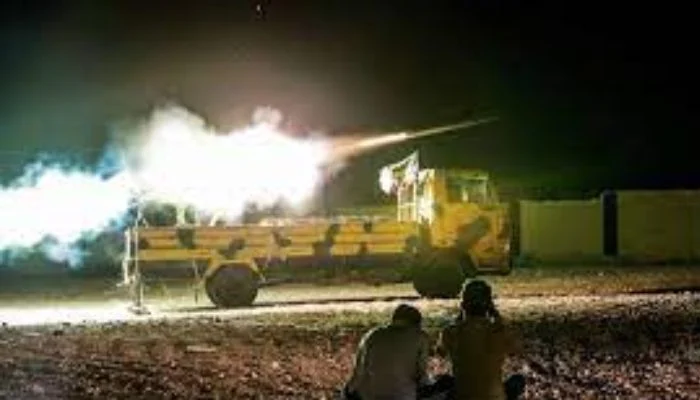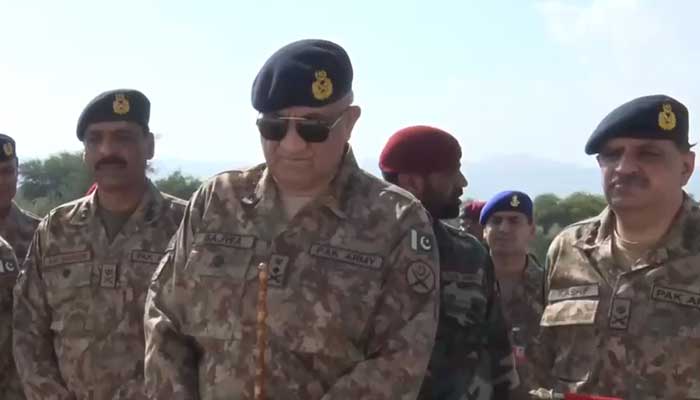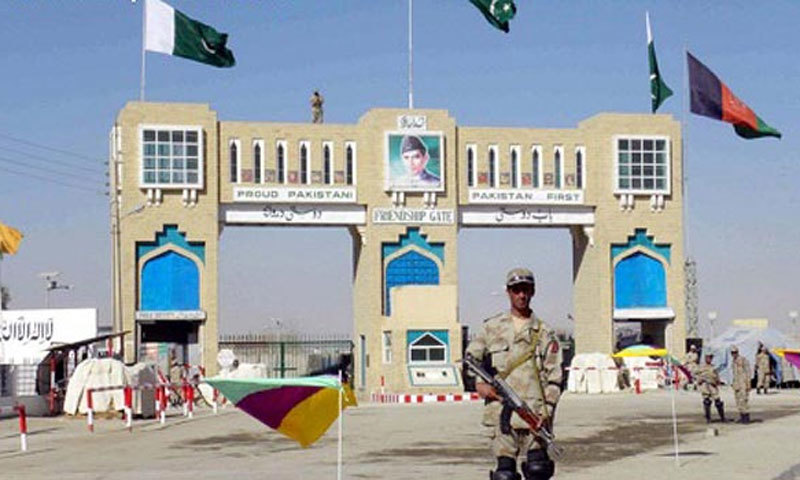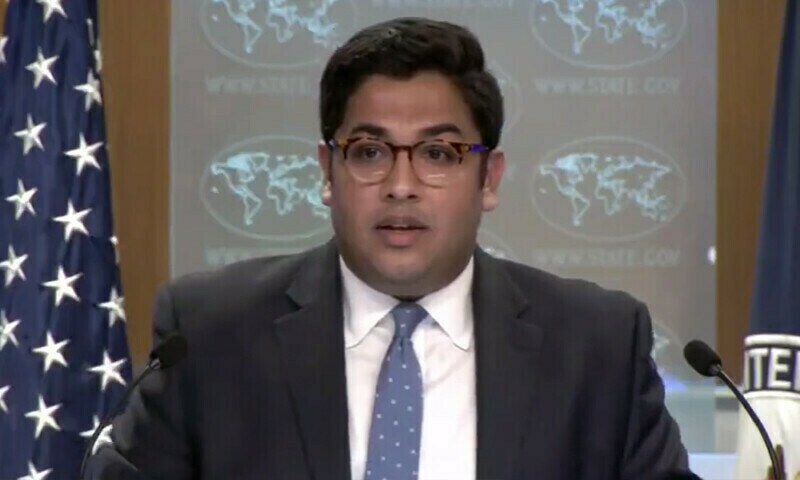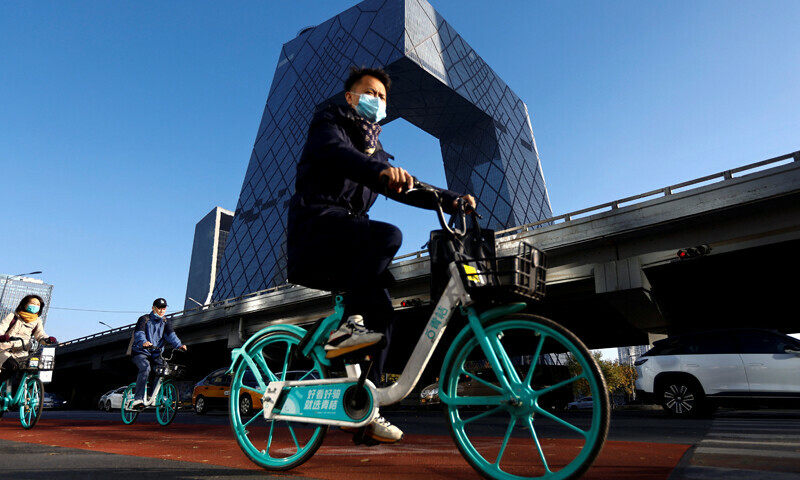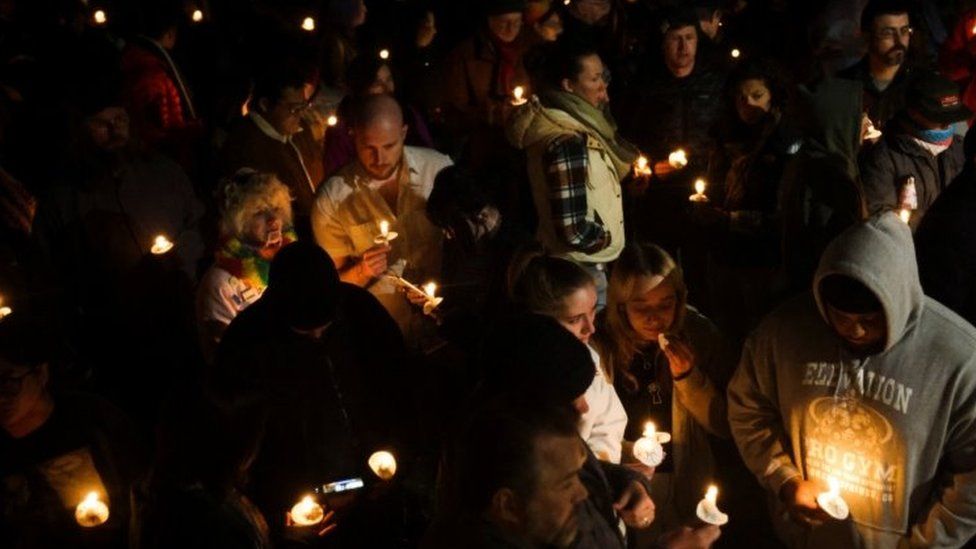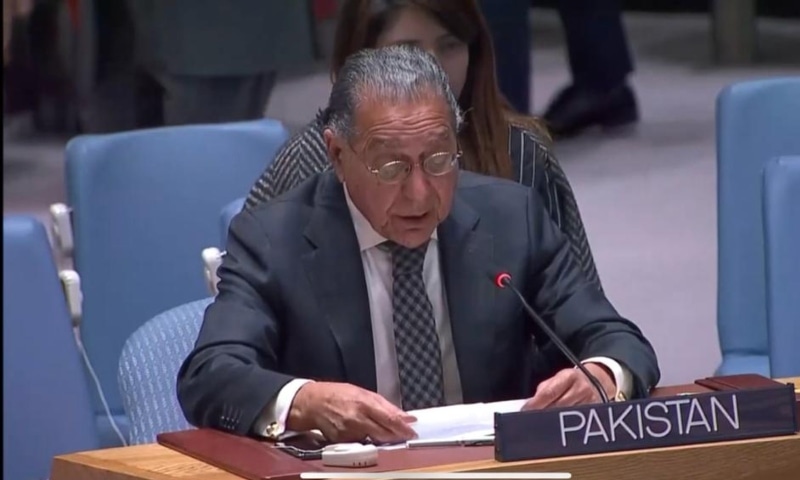Ofgem told all 17 firms that took part in its review to improve, with five found to have severe weaknesses.
Among its findings were examples of suppliers setting debt repayments so high that customers decided they could not top-up their pre-payment meters.
But some of the suppliers hit back, calling the review “incomplete”.
Consumer groups described the regulator’s report as “hugely concerning” at a time when people were being hit by bills double the level of last winter, amid the soaring cost of living.
The five suppliers identified by the report as having “severe weaknesses” were Good Energy, Outfox, So Energy, Tru Energy and Utilita – which prompted a strong response from some of the firms.
“Moderate weaknesses” were found at suppliers E (Gas & Electricity), Ecotricity, Green Energy UK, Octopus and Shell.
Ofgem said that seven others had shown minor weaknesses, including British Gas, Bulb, EDF, E.ON, Ovo, Scottish Power and Utility Warehouse.
The regulator said some of the worst examples of poor practice included suppliers failing to read the meters of customers who could not do so themselves.
It also found that some vulnerable customers were unable to contact their supplier to top up their meter or to request support credit.
In some cases, debt repayment rates were set so high that vulnerable customers self-disconnected – in other words, did not top-up their prepayment meter when the credit ran out.
Neil Lawrence, Ofgem’s director of retail, said “most suppliers” took their responsibility to protect vulnerable customers seriously and added firms had launched new initiatives – including dedicated phone lines.
“Although we are seeing some very good practice in parts of the industry, we can see there is still much more to be done.”
He added: “We’ve seen a number of failings across the board which need to be urgently addressed.
“It’s going to be a very challenging winter for everyone and customers must be confident they are getting the help and support they need.”Almost 7.4 million people in Britain use prepayment meters for their energy
It is Ofgem’s third review into various aspects of suppliers’ treatment of customers. The first demanded action on soaring direct debit demands and the second found more help was needed on payment plans for those struggling to pay.
This latest review required suppliers to give evidence about how they identified and kept records of customers in a vulnerable situation, and whether they were added to a priority register for help.
Suppliers also gave information about free gas safety checks and vulnerable prepayment meter customers.
All the suppliers that submitted data to the regulator were told they must improve their practices.
Ofgem said that in general, there were risks that people were not identified as vulnerable and given the support they were entitled to.
But questions have been raised for the regulator itself, which has been accused of being asleep at the wheel when bills are soaring and suppliers failing.
In response, it said it had moved proactively, rather than waiting for issues to be reported.
‘Top priority’ to help
To help households with higher bills, the government introduced a cap to limited price rises, meaning a typical home pays £2,500 a year for gas and electricity. However, the cap is on the unit price of energy, so those with higher usage will pay more.
This cap has been extended for 12 months from April, but will be at a higher level, so a typical household will pay £3,000 a year. Various cost-of-living payments have been announced to protect the more vulnerable, but charities and consumer groups have warned that many will still face a particularly tough time this winter.
Rocio Concha, from consumer group Which?, said suppliers needed to up their game to help people on the lowest incomes.
“It is hugely concerning to see Ofgem has found that so many energy firms are falling short on the support they provide to their most vulnerable customers,” she added.
However, Energy UK, which represents suppliers, said many firms had gone beyond what they were required to do by the regulator.
“Identifying and supporting vulnerable customers is already a top priority,” said Dhara Vyas, director of advocacy at Energy UK.
“Our members have responded swiftly to Ofgem’s review – including providing additional documentation to demonstrate where processes were already in place, and will continue to look at all the ways they can make sure people get the help and support they need.”
Some of the suppliers named as having the biggest problems reacted strongly to Ofgem’s report.
Simon Oscroft, co-founder of So Energy, said: “Over the course of the last months and weeks, we have provided Ofgem with extensive additional information related to this review and we are disappointed that Ofgem has proceeded on the basis of incomplete information, and in a manner that may now cause vulnerable customers unnecessary concern.”
A spokesman for Utilita said: “Ofgem’s report does not represent where we are as a business today, nor does it acknowledge the significant progress we have made – and are making – since its initial assessment in early summer.”
The BBC has contacted Good Energy, Outfox and Tru Energy for comment.


